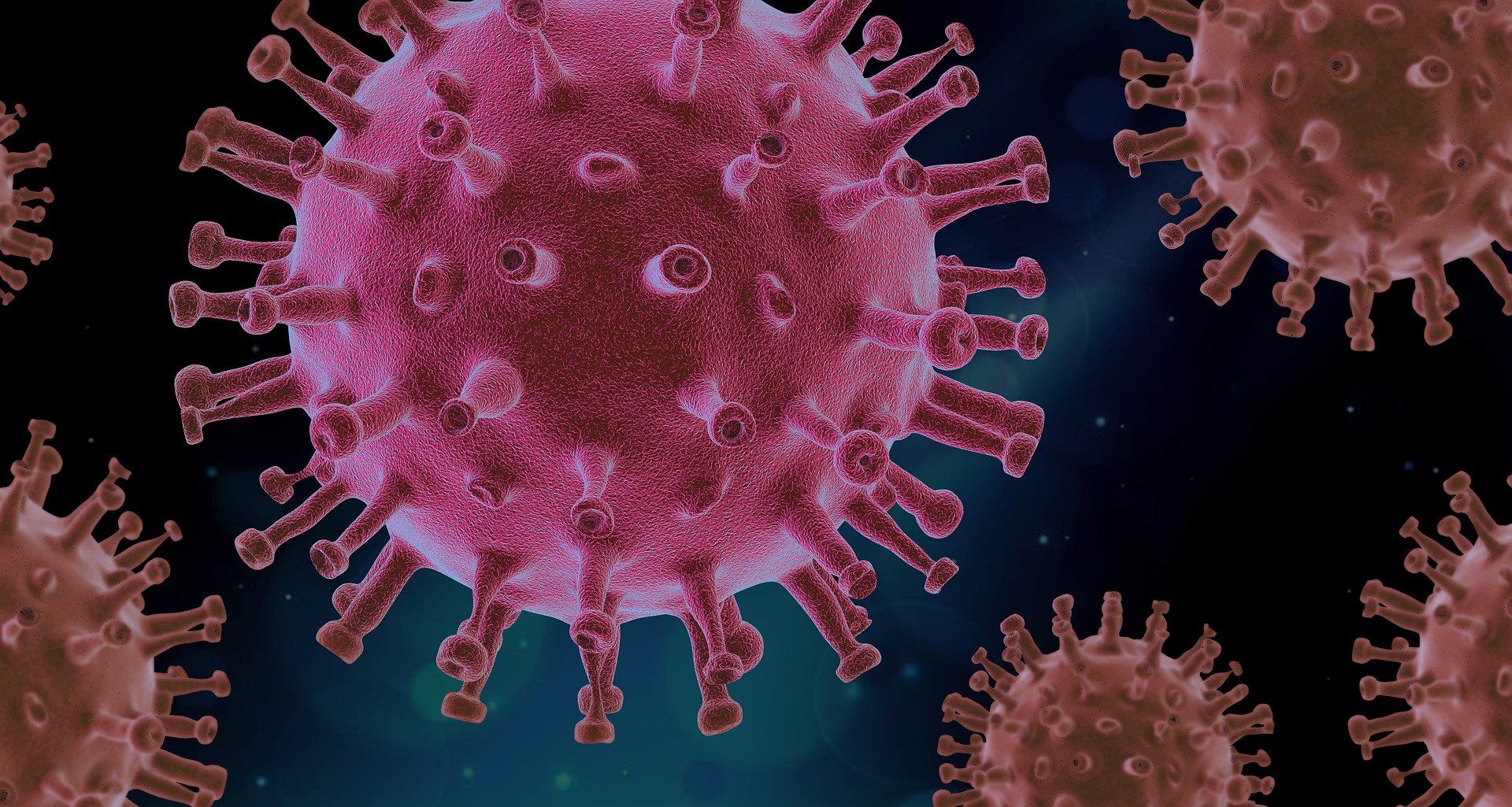The
world is still reeling from the coronavirus, with omicron being the most
widespread strain in various countries. Furthermore, this dominant variety
has produced a slew of subvariants that have become a source of concern.
With
schools open and students sharing space with other students and school
employees, it’s reasonable for parents to be concerned about omicron’s impact
on their children. While some children may experience just minor symptoms,
others may experience more serious problems such as upper respiratory
infections or cardiac arrest.
Also read: Why China continues along zero-COVID path despite public anger
Croup,
a type of respiratory sickness that affects babies and young children and is
officially known as laryngotracheitis, is more likely to affect young
children with omicron, according to a study published in JAMA Paediatrics.
Because children’s airways are smaller and more collapsible, they are more
susceptible to upper respiratory illnesses like croup. In the case of a serious
infection, it might also result in cardiac death.
Researchers
looked at 18,849 children who had been hospitalized with coronavirus for the
study. They discovered that during the omicron rise, the number of upper airway
infections increased. More than one-fifth of children hospitalized with
SARS-CoV-2 and upper airway infection in the United States had severe disease.
Also read: India on the path to world’s first warm COVID vaccine: Study
Researchers
of the study said, “Children with severe upper airway infection are at
risk of cardiac arrest from rapid-onset upper airway obstruction. They may
require therapies typically provided in intensive care units, including
frequent administration of nebulized racemic epinephrine, helium-oxygen
mixtures, and intubation. While the rate of SARS-CoV-2 paediatric upper airway
infection is not overwhelmingly high, understanding this new clinical phenotype
and the potential for acute upper airway obstruction may help guide therapeutic
decision-making.”
According
to the researchers, SARS-CoV-2 can cause severe pediatric illness, including acute
Covid-19 and multisystem inflammatory syndrome. Although non-coronaviruses like
parainfluenza and respiratory syncytial virus are the most common cause of
upper respiratory illness, coronaviruses like type NL63 are commonly
implicated.
Also read: FDA authorizes 1st device to detect COVID-19 in breath samples
What
is Croup?
Croup
is an upper respiratory infection characterised by a barking cough and squeaky
breathing. In severe circumstances, it can make breathing dangerously
difficult. The disease’s symptoms usually worsen at night and linger for about
3-5 days. The following are some of the most prevalent croup symptoms:
- Fever
- Loud barking cough aggravated by crying and
coughing - Noisy or labored breathing
- Hoarse voice







